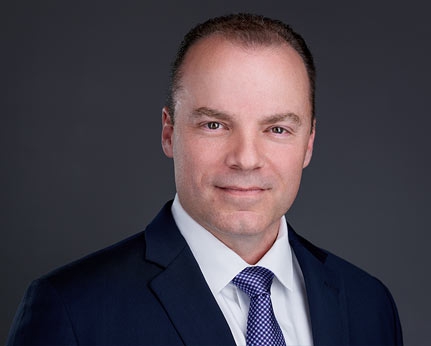![cars in a parking lot in houston texas]() Texas Parking Lot Car Accident Attorneys
Texas Parking Lot Car Accident Attorneys
For many of us, our first experience with a car accident may be associated with a parking lot. After all, there are many things going on, people walking, cars pulling in and out of spots, delivery trucks blocking roads — whatever it may be, handling a parking lot car accident is different than your average, run-of-the-mill car crash on the road.
In fact, an estimated 20% of all vehicle accidents take place in a parking lot.
With so many moving parts, it often doesn’t matter how cautious a driver you are when it comes to getting into a parking lot accident. Because of this, our experienced and passionate Houston personal injury lawyer wants to provide you with the proper steps to take in the event that you find yourself injured in a parking lot accident.
How Parking Lot Accidents Are Different
When speaking from a legal standpoint, the majority of parking lots are private property. It’s important to note that although it may be private property, you still have a legal responsibility to drive safely. Fault in parking lot accidents will be determined in the same way as any other car accident, meaning the proper steps to take will be very similar—with only minor differences including:
- Police may not respond to an accident that took place on private property. This will make obtaining a police report much more challenging than in a traditional auto accident. It’s important to gather information for your case, which includes taking photos and gathering witness information. Gathering the proper information will help when you file your claim with your insurance company, as well as being strong evidence should your claim need it.
- The property owner is likely to be involved, which is not something you see when you find yourself in an accident on the 225, for example. The owner of the lot may vary, but the most common is either one of the business owners in the shopping center or an independent parking service. Under premises liability law, owners of the property must provide a reasonably safe environment for their guests. This means having clearly marked lanes, pedestrian walkways, stop signs, proper lighting for night driving, and nothing obstructing the roadway. In the event that the owner’s negligence contributed to your accident, you may be able to sue them, instead of the other driver involved in the accident.
This is where working with a qualified Pasadena personal injury lawyer proves to be invaluable. They will be able to assist you in finding who is liable for your accident and provide you with the proper steps to take to seek the compensation you deserve.
Handling a Parking Lot Car Accident: Determining Who Is at Fault
As mentioned earlier, determining liability in a parking lot accident can be tricky. There are many potential parties who may be held liable, and each accident is different —sometimes, both parties may share fault.
A few things to keep in mind when determining fault and handling a parking lot car accident:
- If a car is rear-ended by another car, the car in the back will generally be at fault. This rule can be applied to any accident involving vehicles.
- Another situation that applies to all types of auto accidents is when one car is making a left turn into a parking spot and is struck, for example. The party turning left will typically be at fault as those going straight on the road have the right of way.
- If two cars are backing out of their respective parking spots and end up colliding, the fault may generally be shared.
- If the driver ignored traffic signage (stop sign, yield sign, pedestrian crossing, etc.) they will more than likely be held responsible.
These are just a few examples of the possible distribution of liability in a parking lot accident. It’s not to say that this is a definitive answer or guideline, as each accident is different. This is why it’s important to speak with a qualified personal injury lawyer to ensure proper fault is determined and the compensation you deserve is able to be pursued.

.png) Texas Parking Lot Car Accident Attorneys
Texas Parking Lot Car Accident Attorneys